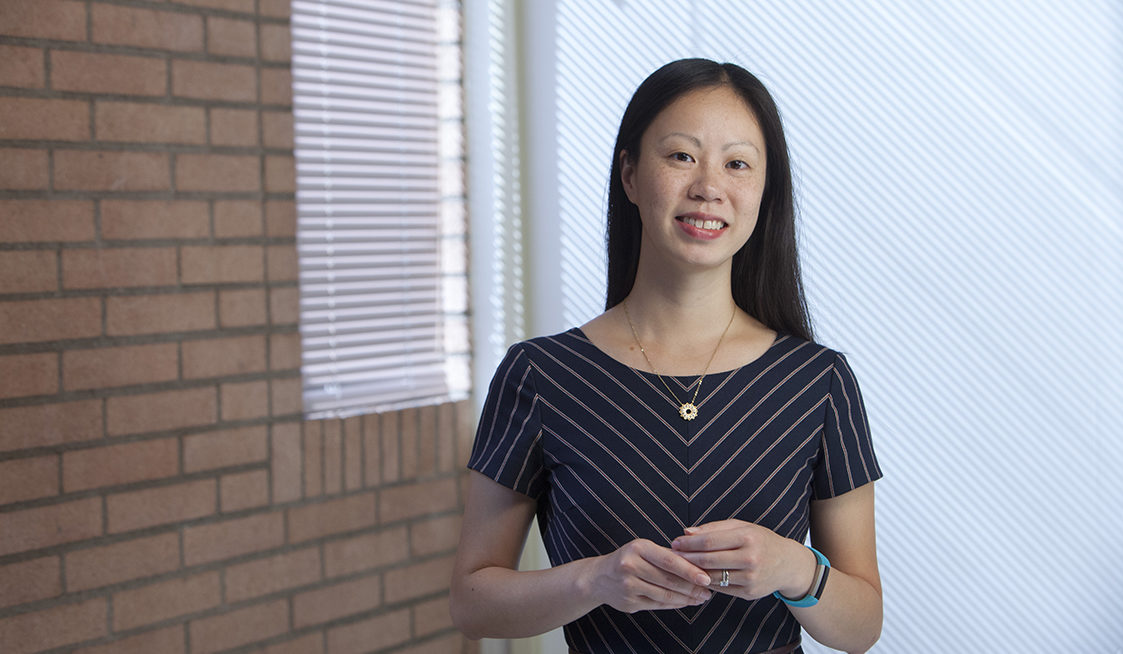USC Leonard Davis School of Gerontology Assistant Professor Jessica Ho wants to know the answer to a serious question: why do Americans live shorter lives, on average, than people living in other high-income countries such as Japan, Sweden, and Germany?
“This is a fascinating and complex question, and there is no easy answer,” Ho says. “Unpacking the reasons for our life expectancy disadvantage involves factors that affect health and well-being across the life course, from birth through old age, and it involves many dimensions of life.”
Ho’s research in demography and sociology explores how these various dimensions of U.S. life—from the extent of commuting in the U.S. and related car accidents to structural disadvantage, violence and the U.S. health care system—have impacted death rates and lifespans. She also studies the impacts of the drug overdose epidemic, including how drug overdoses contribute to educational inequalities in mortality and whether the epidemic has had unanticipated impacts on seniors’ access to painkillers.
Ho’s research has found that a major reason for why Americans have shorter average lifespans is the fact that individuals in the U.S. die at younger ages more than individuals in other countries.
“Previously, much of the discussion revolved around health conditions at the older ages and whether the health care system could be responsible for our life expectancy shortfall,” she says. “My research has demonstrated that a substantial fraction of the U.S. life expectancy shortfall – about two thirds for men and two fifths for women – is due to premature mortality at ages below 50.”
At these younger ages, much of the life expectancy shortfall is due to causes of death like drug overdose, homicide, and motor vehicle accidents, which are strongly socially patterned, Ho explains. This suggests that enduring social and contextual factors play a key role in the U.S. life expectancy disadvantage.
Ho’s interest in population health and demography started during her undergraduate study at the University of Pennsylvania. Following her bachelor of arts in economics and health and societies, she went on to complete a master’s degree in demography and a PhD in demography and sociology at Penn. She subsequently became a postdoctoral fellow at the Duke University Population Research Institute (DuPRI) and Department of Sociology, later serving as a research scientist at DuPRI and the Sanford School of Public Policy at Duke.
“I’ve had a longstanding interest in how levels of health and disease shape societies – for example, how incredibly high levels of mortality and infectious diseases would have impacted daily life in pre-industrial times,” she says. “I was introduced to the field of demography during my sophomore year at the University of Pennsylvania, when I took a Health of Populations course with [Professor of Sociology] Samuel Preston, who is one of the foremost scholars of demography. My reaction to taking his class was something along the lines of, ‘You can do this for a living? Sign me up!’”
In addition to this being Ho’s first time living on the West Coast—she mentions that she’s looking forward to exploring the food scene here in Los Angeles—she adds that she’s excited to be coming to a place that is at the forefront of research on aging and life expectancy.
“The USC Leonard Davis School of Gerontology is a global leader in the field of aging. My research lies at the intersection of several fields including demography, sociology, epidemiology, and gerontology, so I was especially attracted by the strong support for interdisciplinary research on health, aging, and well-being at USC,” she says. “My research agenda encompasses research on health and life expectancy in both developed and developing countries, and there are many opportunities to interface with researchers who work in these areas at USC.”





